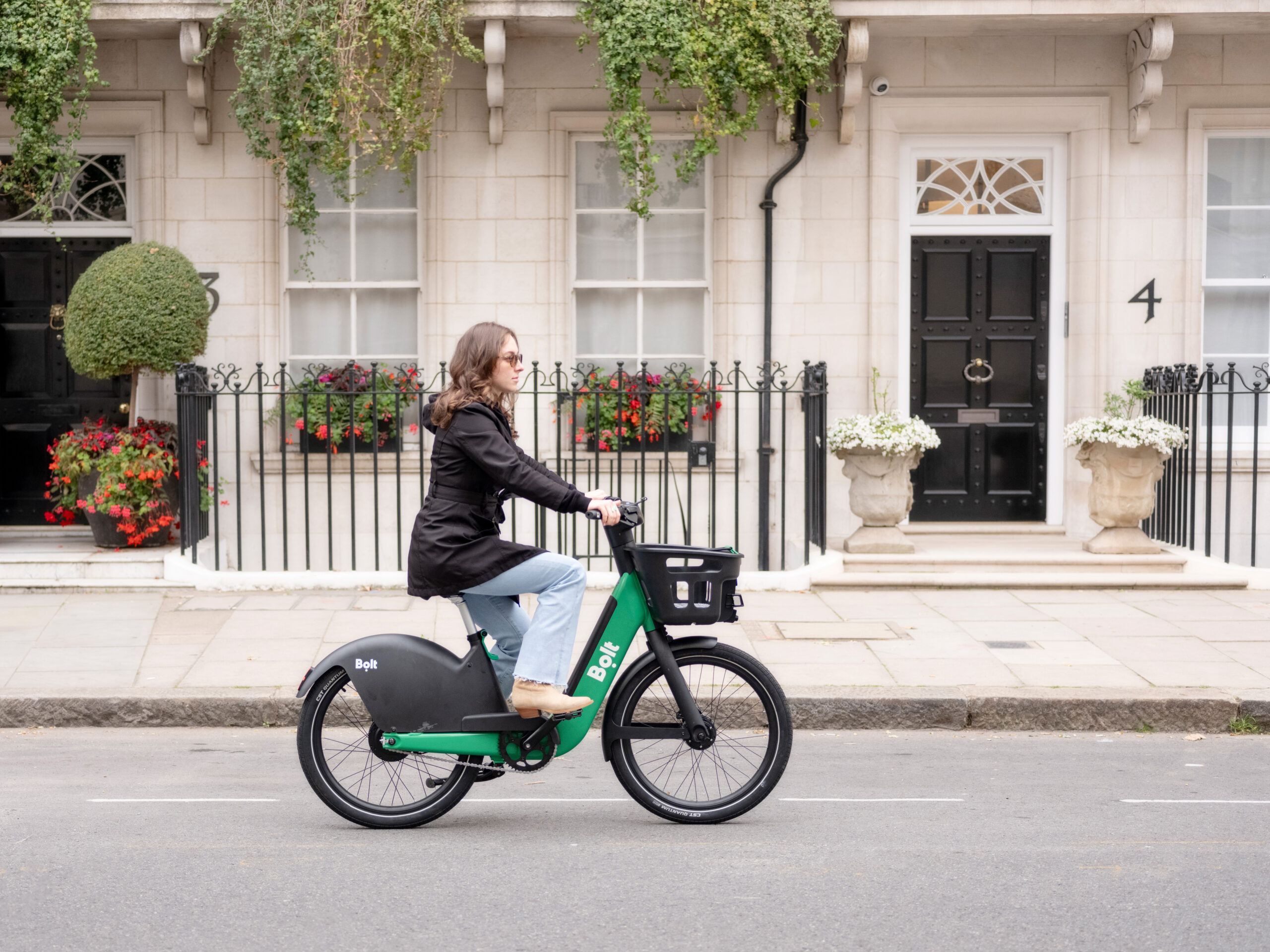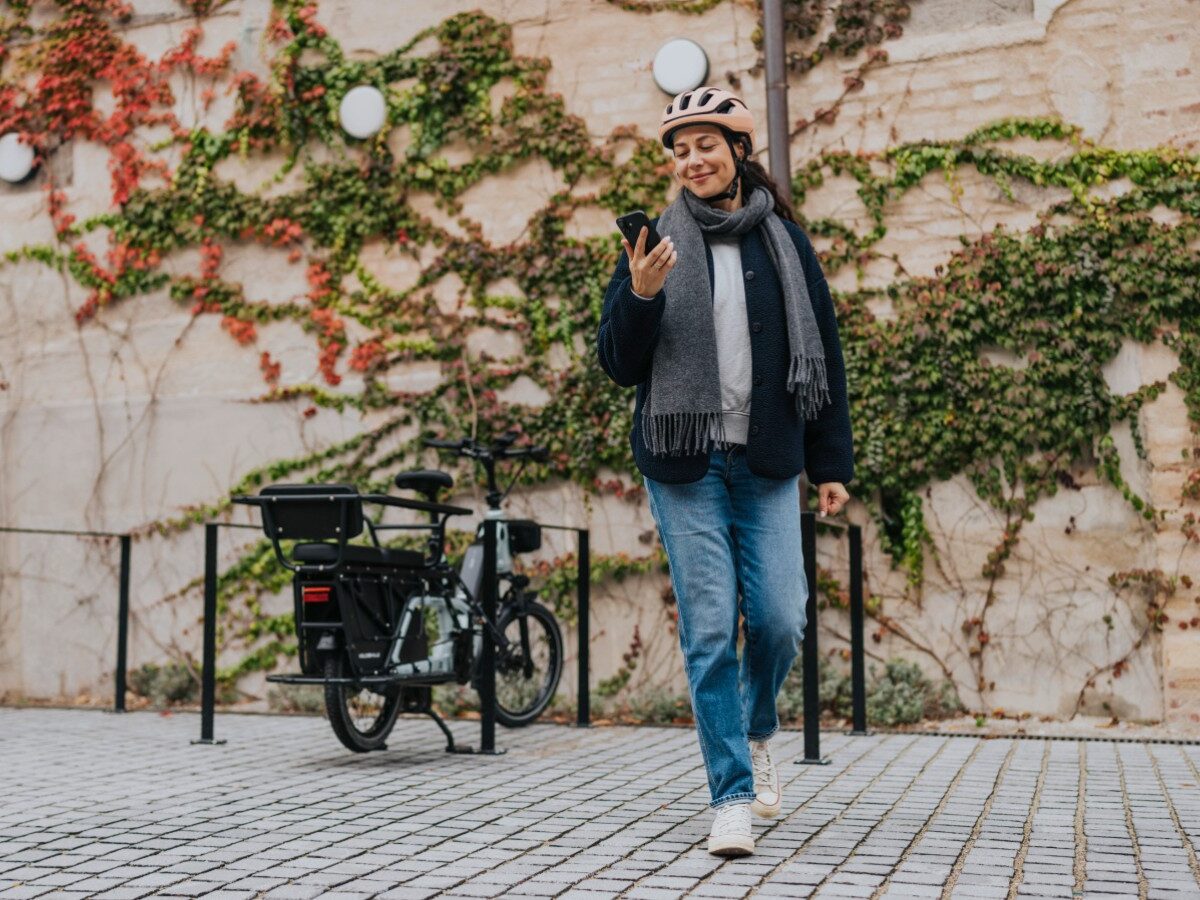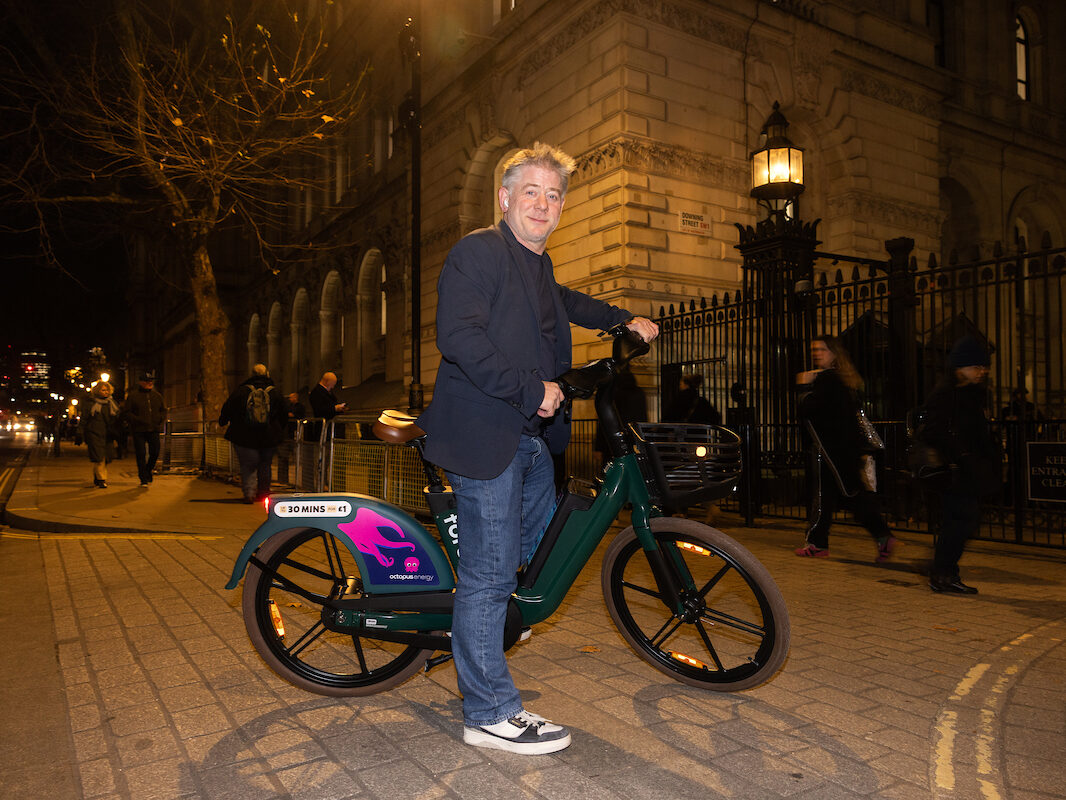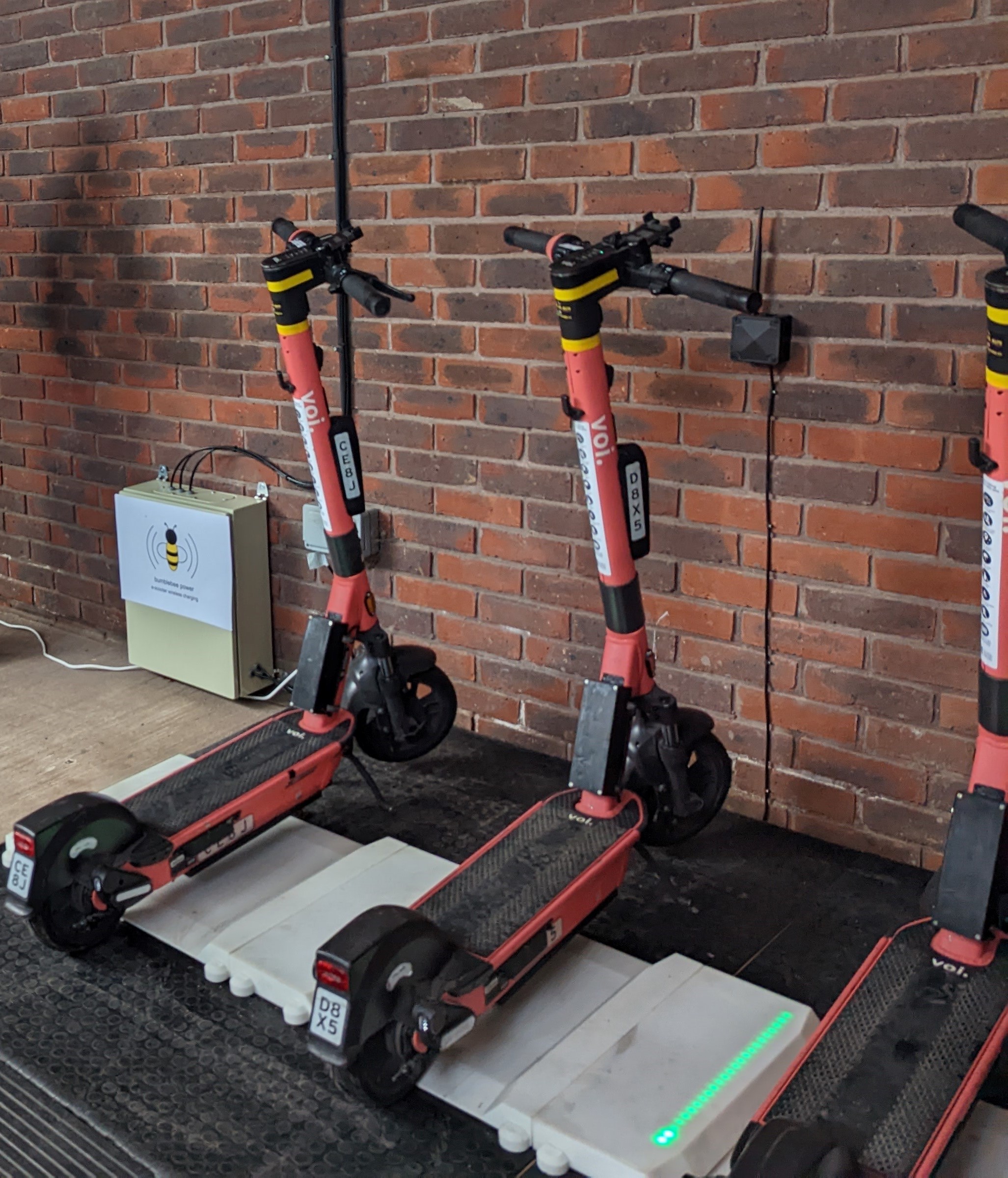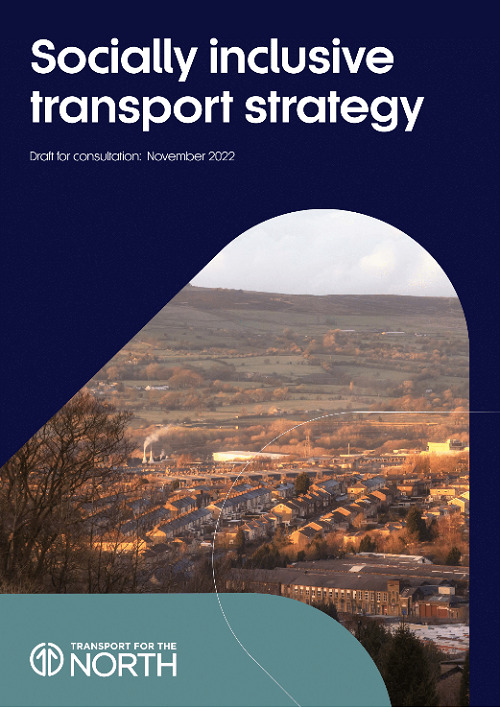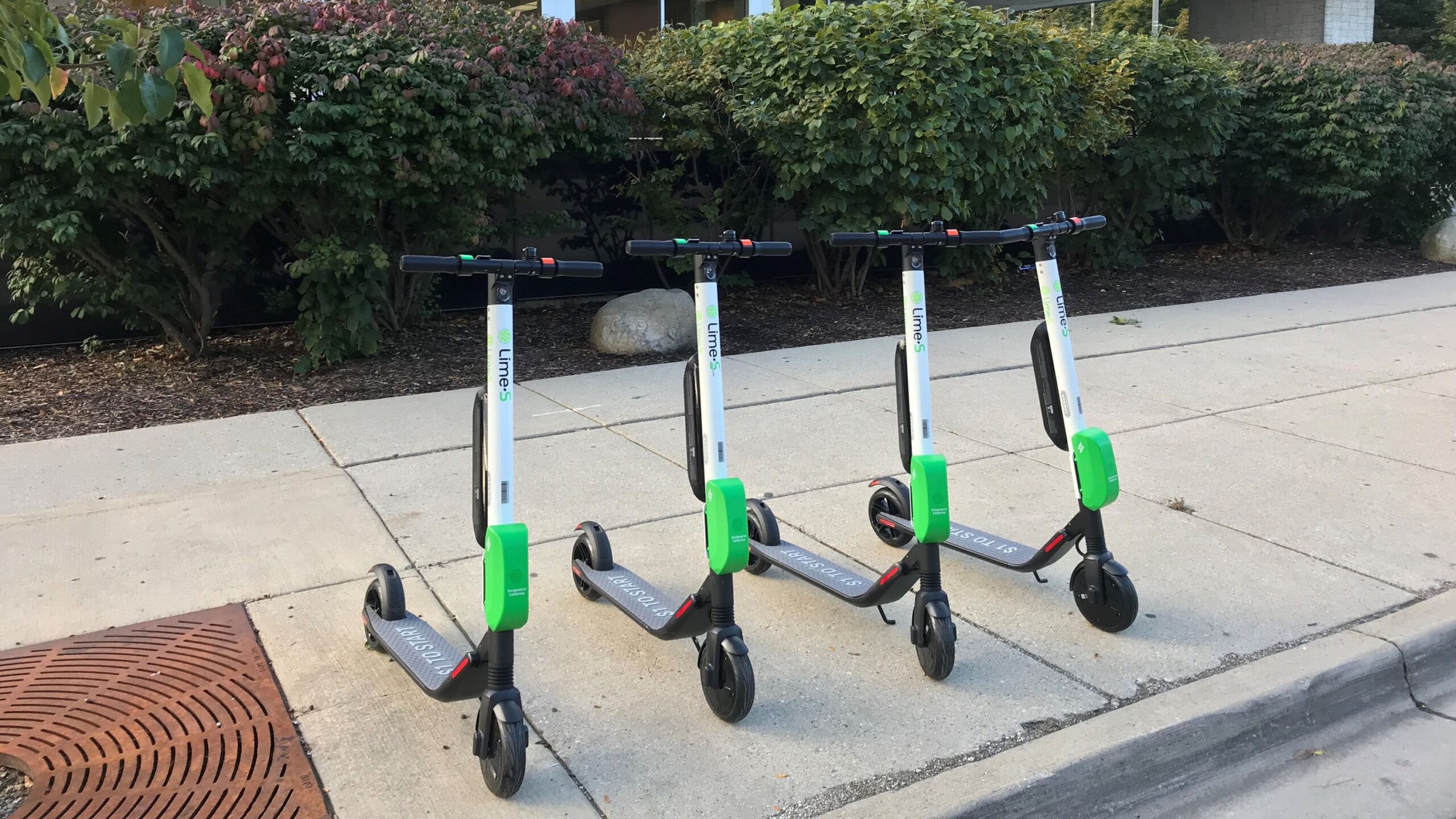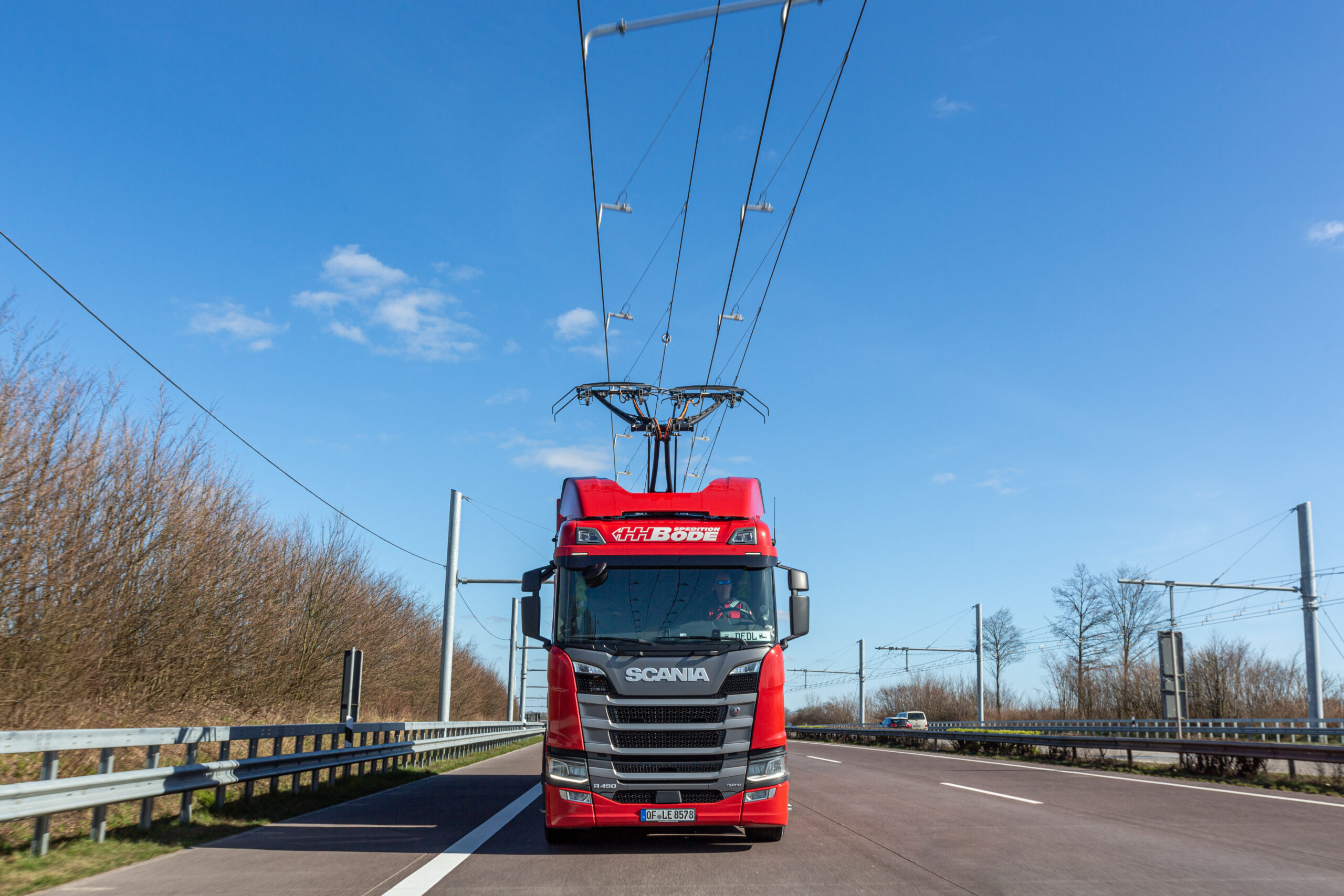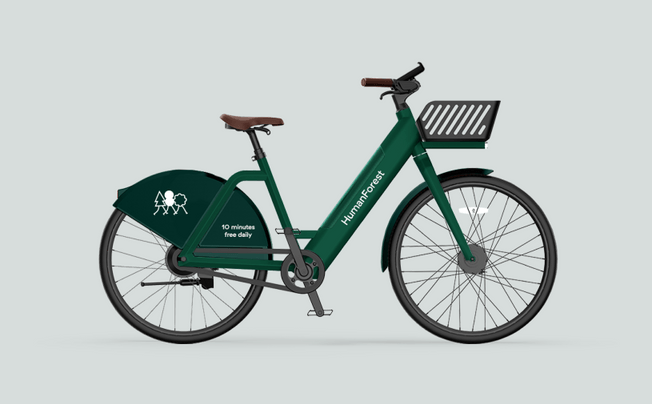Transport for Greater Manchester (TfGM) has invested 145,000 GBP in a new scheme that provides ‘bike libraries’ for local communities.
This project aims to encourage more people to take advantage of the new cycling routes being delivered as part of the Bee Network across Greater Manchester.
15 bike libraries are already live in Bolton, Bury, Manchester, Oldham, Rochdale and Stockport, while an additional 13 are set to launch over the coming months. These sites enable people to borrow vehicles for free or for a small charge that goes towards maintenance.
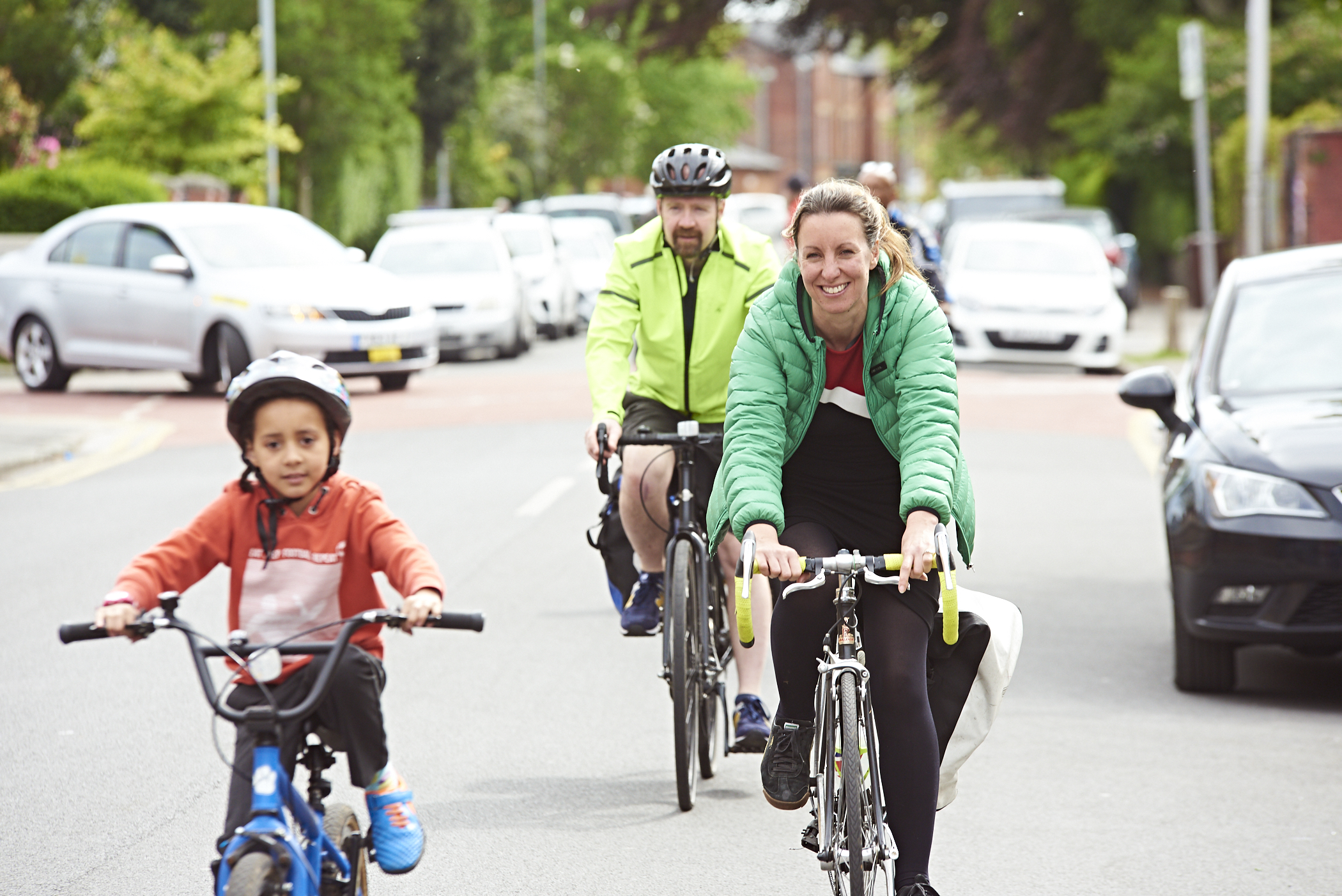
To deliver this service, 26 community organisations, ranging from primary schools to healthcare providers, have received grants of up to 5,000 GBP to set up a bike library. Funding has also been made available for the organisations to access training to help with the maintenance of the bikes.
Dame Sarah Storey, Active Travel Commissioner, said:Bike libraries are an essential part of the GM strategy and enable more people to access cycling in a way and at a time that is right for them.
Many people using the libraries may have cycled before but need the flexibility of borrowing a bike to help them rebuild their confidence and try new routes. They are also a good way of working out what sort of bike they may need.
Along with the cycle hire scheme, which aims to support shorter journeys by bike in specific parts of Manchester, Salford and Trafford, bike library loans are reaching further afield and enabling people to explore their local area at their leisure.
Walking and cycling are key components of TfGM’s Bee Network, which will provide an integrated London-style transport system that also includes electric buses, trains and trams.
Currently, 200 million trips of under one kilometre are made by car in Greater Manchester each year. The new network hopes to reduce this figure by providing more attractive transport options to improve congestion and air quality in the region.
Improving access to bikes is vital for this plan. Although the bike library offer is currently focused on two-wheels, a future commitment will ensure that people who require non-standard cycles are also supported.



